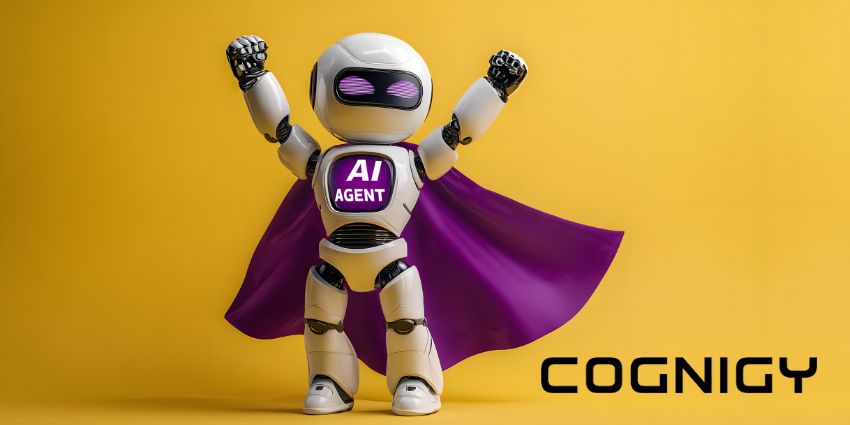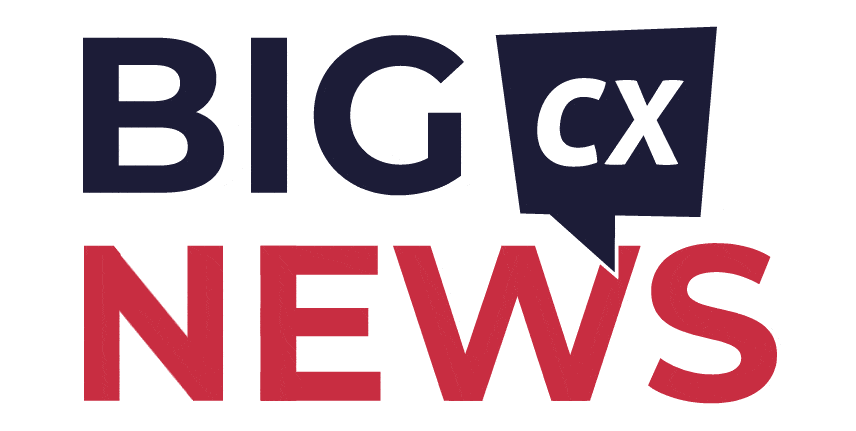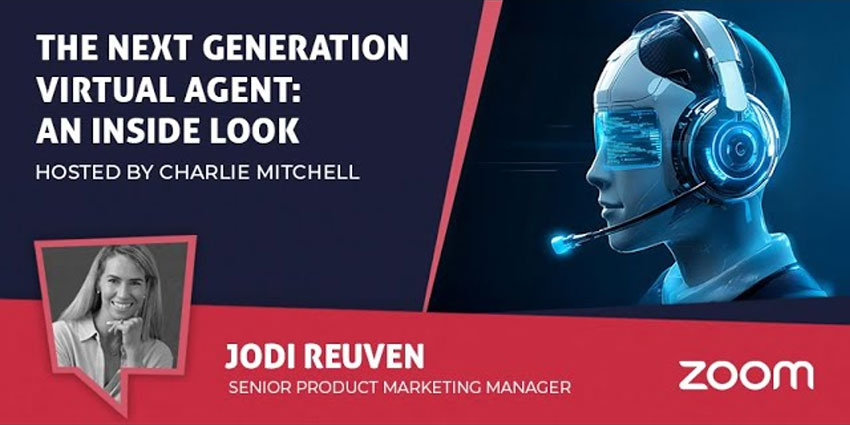Microsoft has unveiled several updates to its Azure Cognitive Services at Ignite 2022, which will allow businesses to advance their conversational AI solutions.
Yet, before delving into these, first consider how organizations build bots via Azure.
Most harness Microsoft’s Bot Framework Composer. Then, with a foundational structure, they use Azure Cognitive Speech Services and Azure Cognitive Language Services to add intelligence to bots.
Many businesses take advantage of these services as they do not require AI or data science skills. Moreover, developers can access them directly from the Bot Framework.
Now, Microsoft has significantly advanced these two services.
Upgrades to Azure Cognitive Speech Services (Including Custom Neural Voice!)
Already, developers can use Azure Cognitive Speech Services to transcribe speech-to-text, add custom keywords, and build text-to-speech capabilities into their conversational AI. The latter allows companies to create a custom voice for their bots.
Yet, thanks to new advancements, Microsoft is introducing Custom Neural Voice.
Neural voice is a technology that performs AI-based voice cloning from an audio sample. Businesses can harness this to string together complete sentences in a person’s voice.
As a result, they may develop numerous voicebot flows in natural-sounding speech.
Even more fascinating, developers can adjust the tone of voice and align it with customer intent.
In addition, Microsoft has enhanced its Azure Cognitive Speech Services to improve the accuracy of speech recognition and boost the audio processing of pre-built voices.
Enhancements to Azure Cognitive Language Services
Azure Cognitive Service for Language Services uses natural language understanding (NLU) to gauge customer intent.
Consequently, it is already a critical part of Microsoft’s Bot Framework Composer. Yet, it offers a list of additional services, which has just grown even bigger.
Indeed, Microsoft has enhanced its “contact center use capabilities”, which may allow businesses to auto-summarize bot transcripts and capture more conversational context.
Also, with new access to Language Studio, contact centers can harness additional capabilities, like the ability to extract key phrases. With this, they can better analyze the performance of bots, assess customer behavior, and recognize pain points in the interaction flow.
Moreover, operations can do so in 90 languages, with Microsoft extending its coverage.
Final Updates to Azure Cognitive Services
Microsoft has enhanced its ability to support other enterprise-wide AI initiatives by bolstering its Azure Cognitive Services further.
For example, it strengthened its computer vision to extract more visual features from images.
Interestingly, this may open up more conversational AI use cases as customers can take photos of their problems, and bots will recognize entities within that. From this, the bot may make automated recommendations to resolve the query.
Microsoft also bolstered its Spatial Analysis on the Edge technology, extracting real-time insights from live video, which may trigger events in other systems.
Finally, the vendor added an Azure OpenAI Service to its Cognitive Services, which offers limited access to DALL·E 2.
DALL·E 2 uses AI to produce images and art through natural language descriptions.
As such, select Microsoft customers may quickly generate content, images, and code to support its employees and perhaps – further down the line – customers too.
Wish to delve deeper into the conversational AI space? If so, check out our rundown of the Gartner Magic Quadrant for Enterprise Conversational AI Platforms 2022







